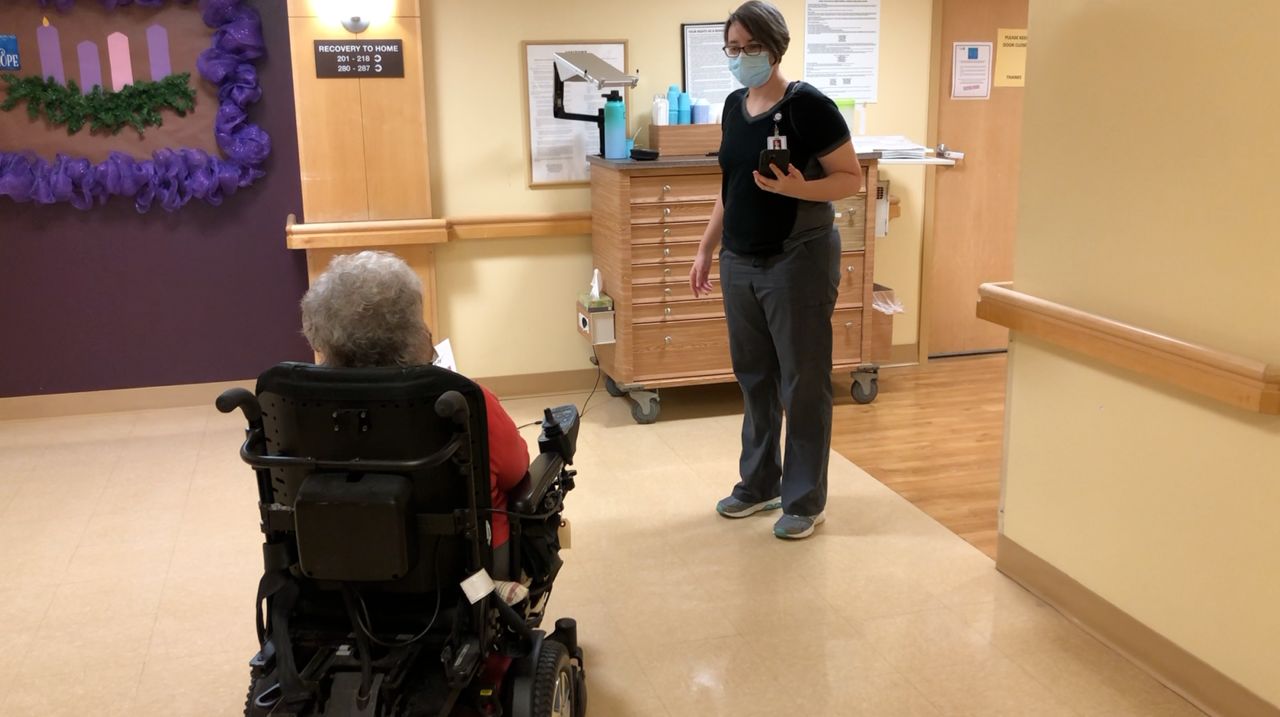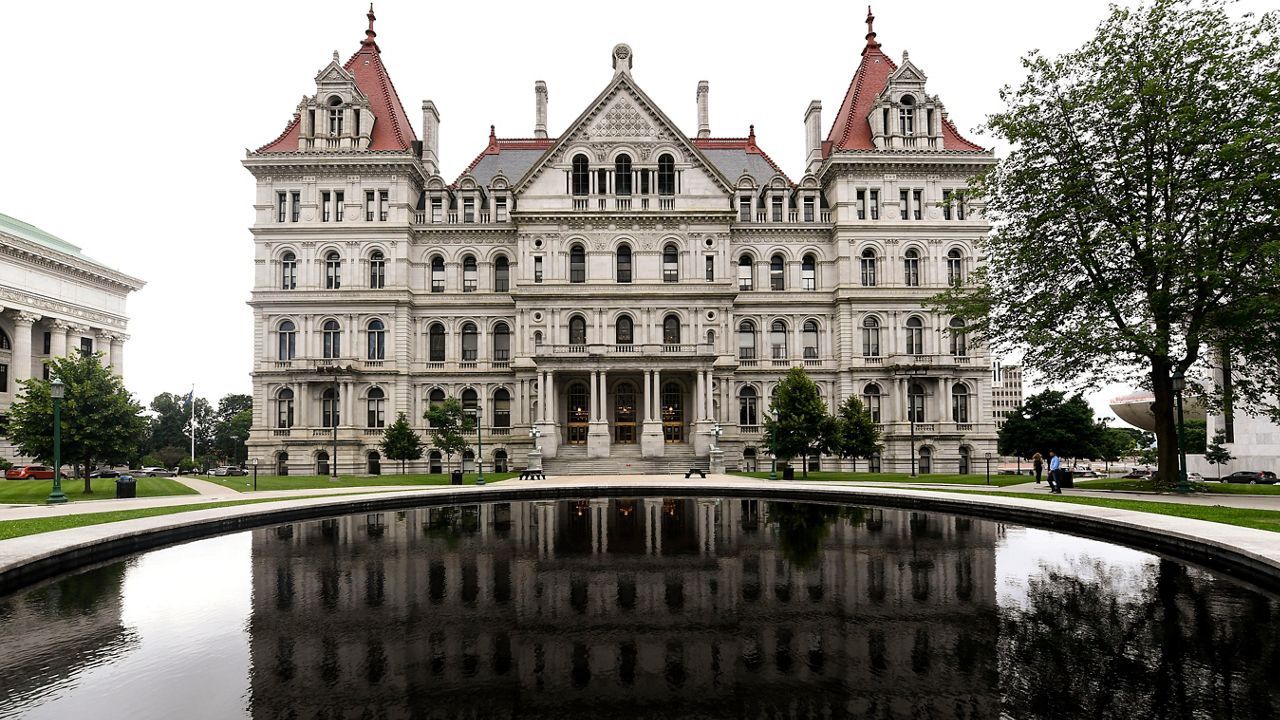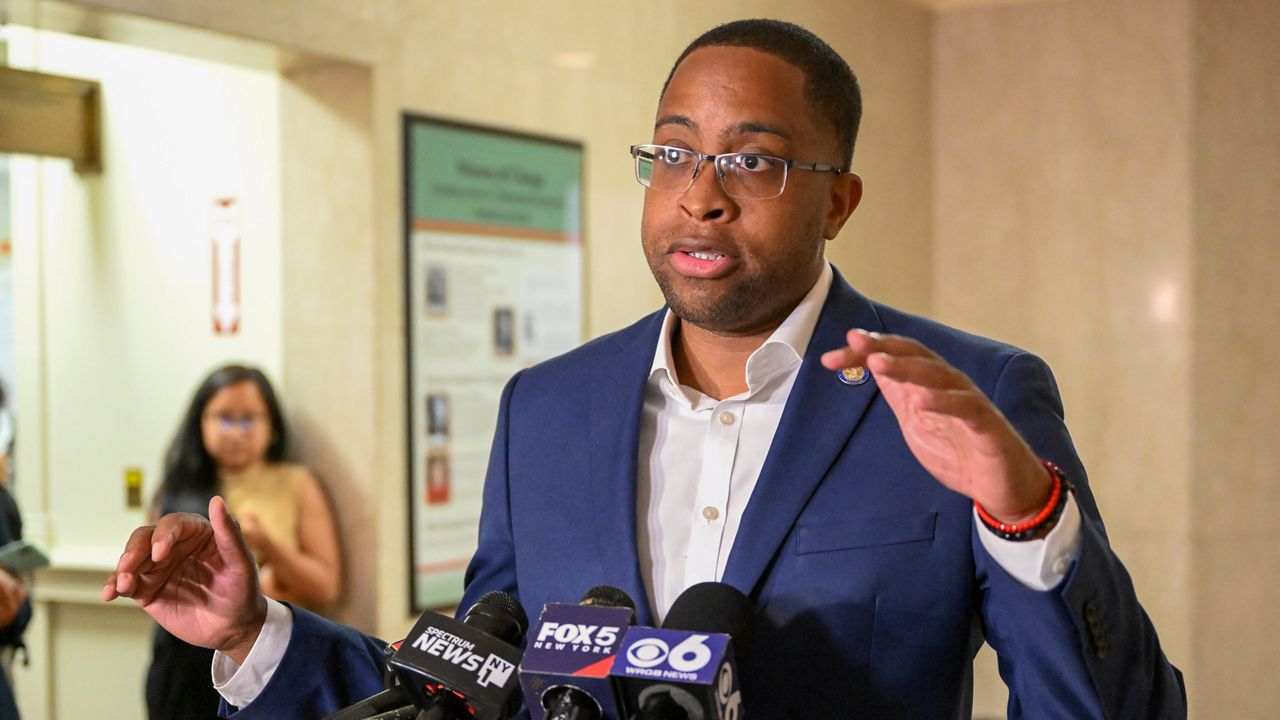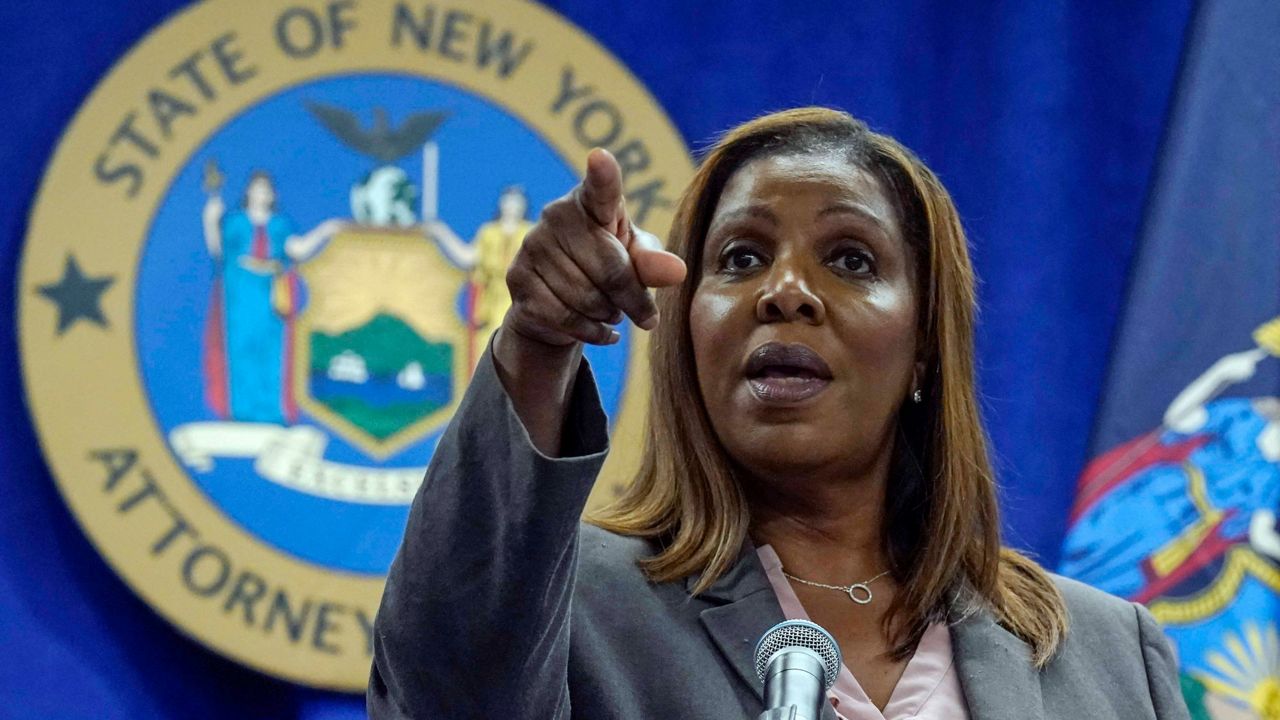Residential care facilities in New York will be required to notify residents and their families when an infection is confirmed in the facility under legislation approved Wednesday by Gov. Kathy Hochul.
The new law will also require nursing homes in the state to have a plan to aid exposed or infected residents.
The law was approved after nursing homes and long-term care facilities became an early focal point of the pandemic, especially in New York, where thousands of residents died of COVID-19.
"New Yorkers living in nursing homes deserve the highest quality of care, and their families deserve to know that their loved ones are safe," Hochul said. "With this legislation, we will ensure every facility is prepared to protect residents from exposure after an infection is detected, while also improving communication to make sure residents and family members are notified of the situation in a timely manner. This is a critical step to ensure nursing homes are taking the right measures to protect the most vulnerable New Yorkers."
Long-term care facilities and nursing homes will have to expand existing pandemic emergency plans to include stronger communication and have plans in place for future outbreaks.
The measure was sponsored in the Legislature by state Sen. James Skoufis and Assemblymember Jennifer Lunsford.
"The COVID-19 pandemic taught us many necessary, but deeply painful, lessons. A direct result of our 2020 hearings surrounding nursing home safety, this legislation will ensure these facilities are prepared when future infection threats arise, and will empower families of our ill and elderly to make informed decisions about their care," Skoufis said. "We must never allow our residential care facilities to be so blindsided again."
The issue drew added scrutiny after it was found the state under the former Cuomo administration under counted the number of residents who died following the requirement that nursing homes not turn away COVID-19 positive patients.
Hochul earlier this year ordered a review of New York's policies in the initial months of the pandemic, including an assessment of how nursing homes were affected.
"When COVID hit, residents of nursing homes and their loved ones were left flat-footed. Nursing homes found themselves unprepared for the public health emergency, and residents and loved ones were left in the dark," Lunsford said. "The bill aims to prevent similar devastation in the future by requiring infection updates and planning measures in residential healthcare facilities. Transparency and planning from these facilities during public health emergencies is vital as we continue to recover from the COVID pandemic. We can never let this happen to our most vulnerable New Yorkers ever again."









